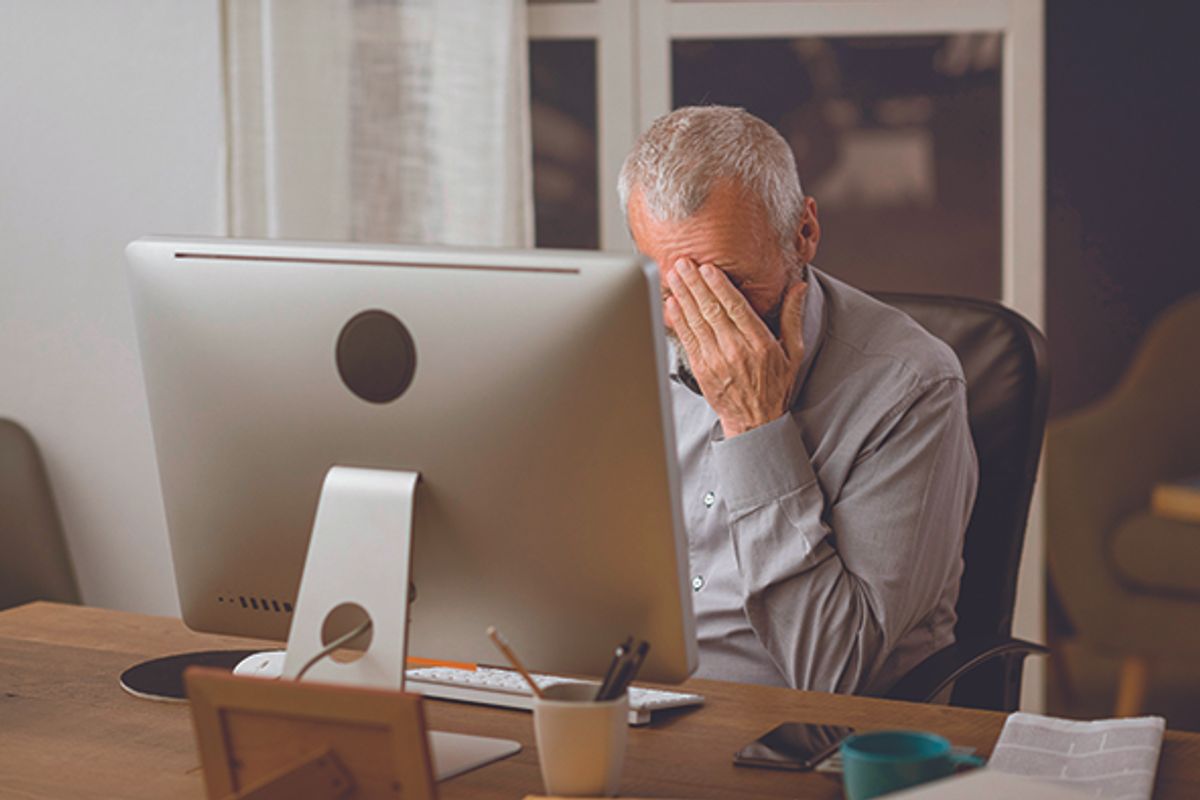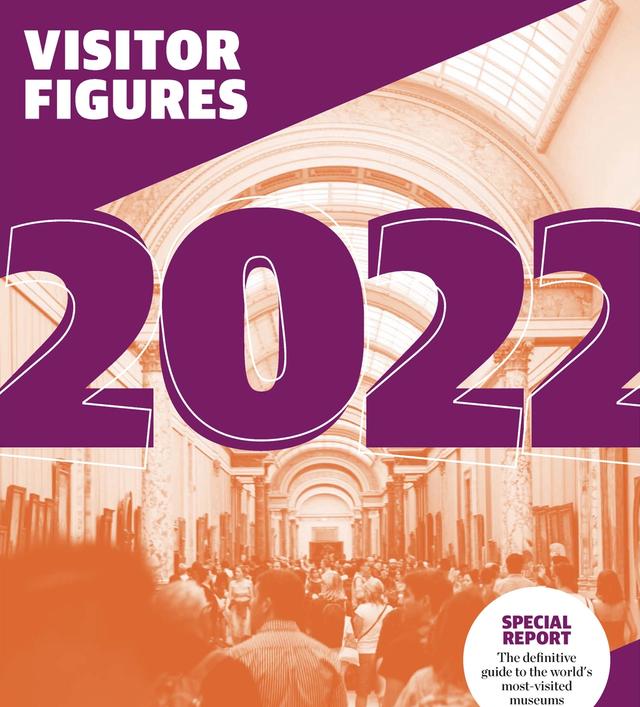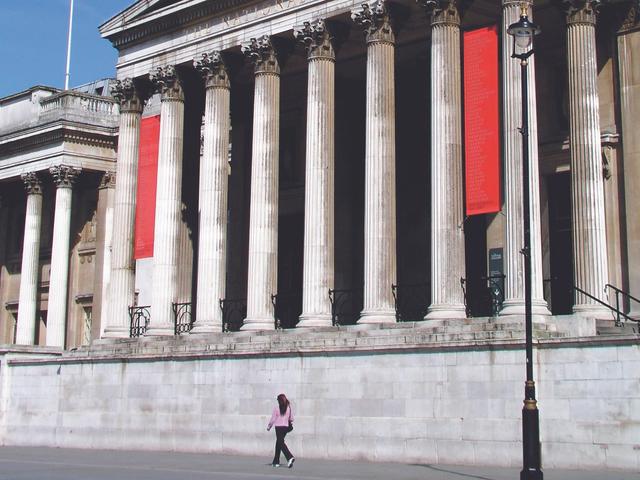Although the main problem facing London museums is the slow recovery of international tourism, our visitor figures survey raises questions about whether people are discouraged by the booking systems for free tickets to view permanent collections.
Ticketing was introduced during the pandemic, when numbers needed to be limited to allow for social distancing. They were also handy for marketing purposes, since visitors were allowed to opt into receiving promotional emails. But is booking still really necessary?
The museum that has fared worst compared with visits before the pandemic is London’s National Gallery which last year was 55% down on 2019. Its website starts off by saying “Book before you visit.” This appears to be an instruction, although it is not mandatory.
Clicking onto the next page, the museum advises: “We strongly recommend you book a ticket in advance to save time on arrival. Walk-up tickets are also available.” Altogether it takes five clicks before time slots can be booked, and then personal details have to be typed in to get a ticket. The “walk-up tickets” advice also seems misleading, since visitors are allowed in without one anyway.
A National Gallery spokesperson says: “It is our belief that booking is not a barrier, as it is not mandatory.” However, the gallery is obviously only able to poll those who actually attend.
The British Museum did considerably better in our survey: it was down by 36% on its 2019 figure. Its website is more welcoming and clearer than the National Gallery’s, and it takes just three clicks to reach the time slots for booking.
Although visitors with timed tickets at the National Gallery and the British Museum are admitted more quickly, with less queuing, the process does involve booking time on the web (perhaps around five minutes for those first-time users who need to register). More importantly, many visitors find it awkward to plan their day to arrive at a museum for a specific time slot, and web access is obviously necessary.
Tate Britain, Tate Modern and the Victoria and Albert Museum (V&A) dropped ticketing for their permanent collections during last year. A V&A spokesperson says: “The use of advance tickets was a valuable tool during the pandemic, but as restrictions lifted, this was no longer felt to be necessary.”
With little uniformity in systems, even regular London museum-goers find the present situation confusing.
Our survey shows that London’s major museums are making a significantly slower recovery than those in Paris, where booking is usually strongly recommended. But as admission charges for Paris’s great permanent collections are the norm, there is a different attitude from that in London.




